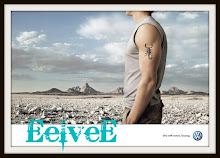
On April 29, 1980, Alfred Hitchcock passed away at the age of 81.
The most widely known and influential director in the history of world cinema, The Master of Suspense created timeless films that continue to chill, thrill and amuse as much today as they did then.
Today, exactly 25 years after Hitch left us, it's interesting to recall his life and work, and take a look at the director's fascinating rise to glory.
In 1899, Alfred Joseph Hitchcock was born to greengrocer William Hitchcock and his wife Emma in London's East End. Catholicism drilled strictly into him from the start, he attended a Jesuit preparatory school.
At the age of 14, he took a position at the Henley Telegraph and Cable Company. At around this time, Alfred began to fall in love with movies.






